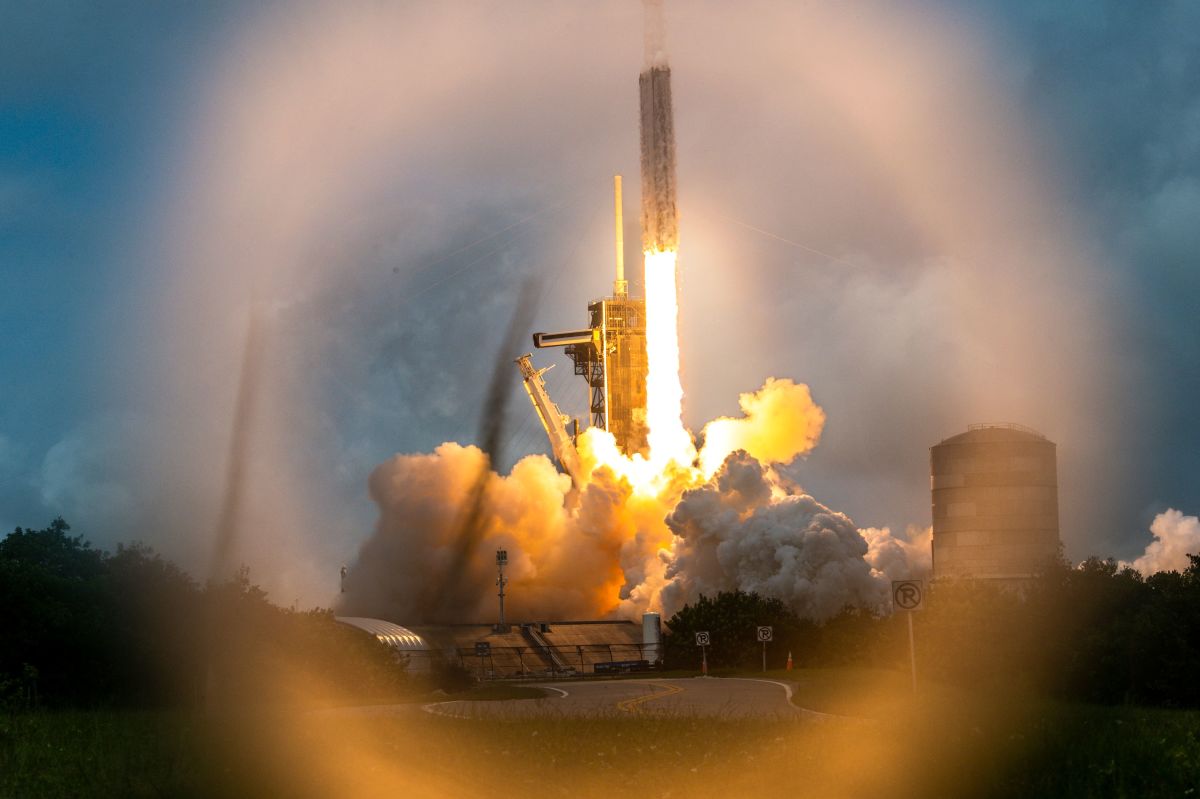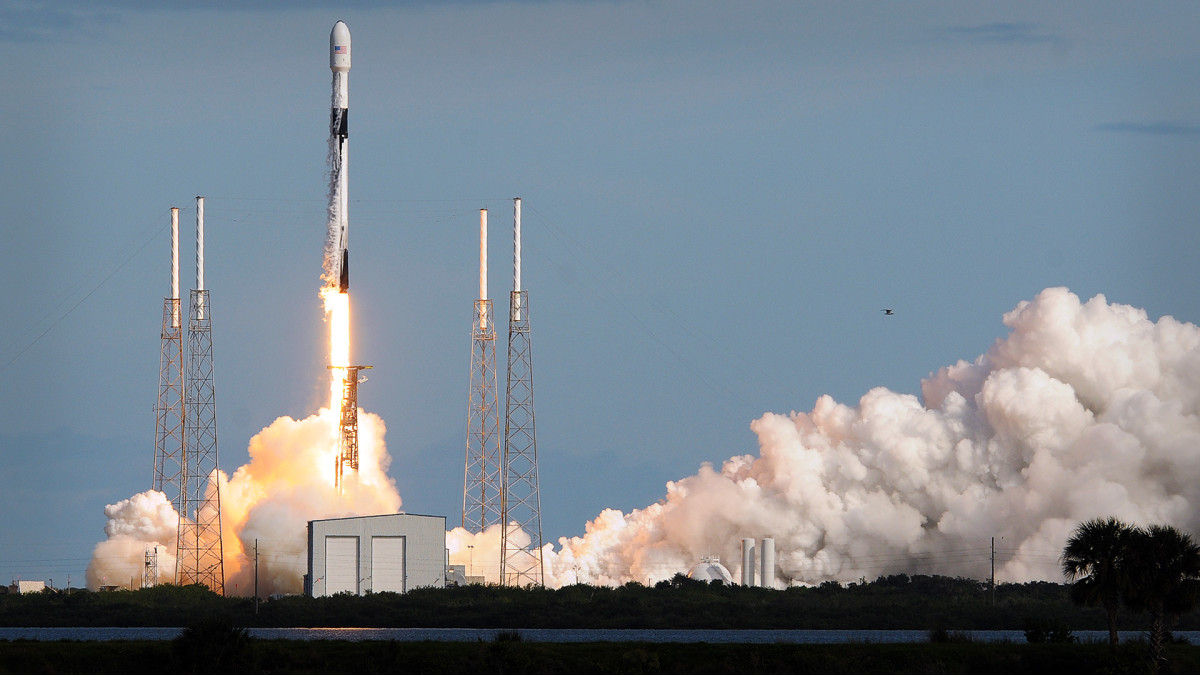
In an Oct. 4 filing with the Federal Communications Commission (FCC), SpaceX requested a "special temporary authority" to launch and test its second-generation Starlink internet satellites. This latest generation of Starlink's satellites comes equipped with direct-to-cellular technology, an effort SpaceX is making in partnership with T-Mobile (TMUS) -).
The intention of the special filing is to allow SpaceX to begin testing its cellular technology while it waits for its main application to gain FCC regulatory approval.
Related: SpaceX requests special approval to take a huge step forward
The test, SpaceX said, would allow it to confirm the proper functionality of its satellites to "communicate with cell phones immediately upon insertion, rather than waiting weeks while the satellites complete orbit raising to ensure proper functioning."
But as SpaceX awaits approval to conduct its test, other telecommunications giants are making moves to prevent it.
In an Oct. 10 filing with the FCC, AT&T (T) -), concerned that the test might cause interference to its own coverage, contended that SpaceX needs to go through a different regulatory process to gain such approval for a test.

Paul Hennessy/NurPhoto via Getty
"SpaceX should not be allowed to bypass the waiver process through the STA request," the company wrote. "Instead, the proper venue to authorize the novel testing SpaceX seeks is through an experimental license from the Office of Engineering and Technology."
In an Oct. 12 filing, the Rural Wireless Association (RWA) agreed with AT&T's standpoint, urging the FCC to "deny" SpaceX's application for a special temporary authority.
The Association asked the FCC not to authorize any of SpaceX's direct-to-cell tests until the company can prove that its operations won't interfere with pre-existent operations in a variety of frequencies.
Related: Elon Musk, SpaceX score a huge win here on earth
SpaceX said in an Oct. 13 filing that its operations would pose no risk whatsoever to existing operators, something it said has been backed up with "robust technical demonstrations." The statement goes on to dismiss AT&T's claims as "baseless," urging the FCC to reject the opposition and allow SpaceX to proceed with its test.
"Unfortunately, now that SpaceX is on the cusp of reaching the Chairwoman’s goals by deploying a system that will finally bring ubiquitous connectivity across the country, AT&T and DISH-mouthpiece the RWA have seemingly coordinated a desperate, 11th-hour campaign to prevent it," the company wrote.
AT&T partner AST SpaceMobile in April completed what it called the first-ever phone call routed from space.
Get investment guidance from trusted portfolio managers without the management fees. Sign up for Action Alerts PLUS now.







